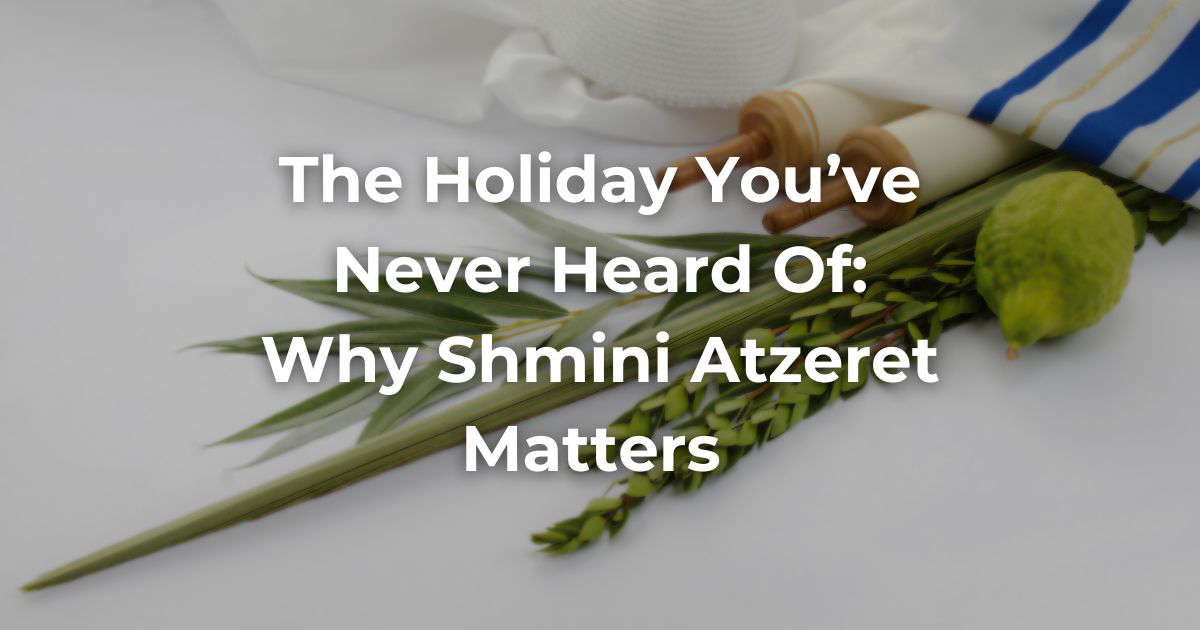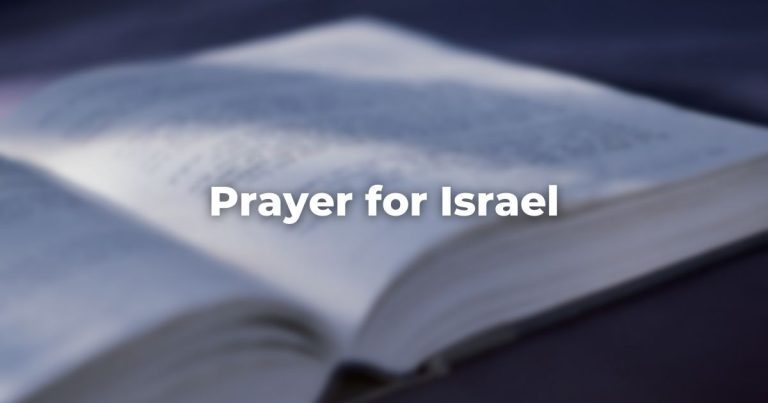In the eleven months after my mother died, I began going to synagogue more often so I could say Kaddish on Friday nights. That year of mourning made me pay closer attention to holidays I had usually passed over. One of them was Shmini Atzeret.
It’s a small holiday, tucked in right after Sukkot. The name means “the eighth day of assembly.” It is one of the four times we say Yizkor, the memorial prayers for the dead. That gave it weight for me in that year of grief. It reminded me of shiva: without many specific rituals, like Sukkot’s lulav and etrog or Simhat Torah’s dancing, on Shmini Atzeret you don’t have to say or do the perfect thing. You just sit, and people sit with you. The comfort comes from presence itself.
I felt that most distinctly at the recent funeral of a former colleague. I knew some of his family, and I was joined by other colleagues, some I knew, some I didn’t. A close friend and I mouthed the words of the Kaddish together, along with the rabbi. My colleague’s caregiver was there, as were many other people I didn’t know. But I felt connected to them by their presence, their shared grief at the loss of a good man.
On Shmini Atzeret, the whole Jewish people make that same communal connection together. We linger one more day, without lulav or etrog, simply because being together matters. For Jews navigating how visible to make our identity in different spaces, Shmini Atzeret offers a quiet rebellion: what if we just existed together, without any other agenda?
But even in this space of simply being, Shmini Atzeret doesn’t let us forget we’re part of something larger. The day carries its own quiet petition, one that connects us back to the earth and its rhythms. Especially because it comes at the end of the harvest, when we turn to prayers for the future–of those close to us, as well as of our planet.
Shmini Atzeret falls right at the end of the intense High Holiday season, after weeks of synagogue services, family gatherings, and spiritual heavy lifting. Just when you might be feeling “holiday-ed out,” Judaism offers this gentle landing—a day that acknowledges you might need to breathe and be present without additional expectations.
Shmini Atzeret is also the day when Jews begin praying for rain. In ancient Israel, the harvest had just ended, and the community turned toward the hope that the rains would come in their season. When I say those words now, mashiv haruah, “who causes the wind to blow and the rain to fall,” I’m conscious of speaking a prayer my ancestors spoke for thousands of years.
For them, the prayer was about survival in an agricultural society. Today, when we face the reality of global warming, that prayer does not feel like a quaint relic: it feels like a reminder. We still depend on the cycles of nature, only now we are not the fragile ones—we know how fragile those cycles have become. Mashiv haruah becomes a type of Yizkor for a grieving planet’s broken patterns.
In Israel, Shmini Atzeret and Simchat TorahRefers to the first five books of the Hebrew Bible, the Tanakh, also called the Five Books of Moses, Pentateuch or the Hebrew equivalent, Humash. This is also called the Written Torah. The term may also refer to teachings that expound on Jewish tradition. Read more are rolled into one day, but in the diaspora they’re separated. That extra day apart makes Shmini Atzeret feel quieter and more contemplative to me, a pause before the joy and dancing of finishing and restarting the Torah cycle.
The Talmud offers a lovely image about Shmini Atzeret: a king’s children come for a festival, and when it’s time to leave, the king pleads, “Stay one more day—your departure is hard for me.” That’s Shmini Atzeret. God asking us not to rush away just yet. How many of us have felt that way as we bid goodbye to family and friends after a visit?
I think of a friend’s story. We were out one evening, and someone complained about her mother’s visit—how they’d argue over house rules. Another friend went quiet and said softly, “I wish my mother were still here to argue with.” That stayed with me. Presence itself, even when complicated, is a gift.
Shmini Atzeret carries that same feeling. It doesn’t need props or preparation. It just gives us a chance to stop moving, to stay in one another’s company, and to remember that sometimes being together is enough.
Years have passed since that first Shmini Atzeret I truly noticed, but I still find myself drawn to its quiet insistence on presence. In a culture that always asks us to do more, produce more, celebrate louder, this holiday offers permission to simply remain, to consider my own future and that of the world around me. That’s a gift I didn’t know I needed until grief taught me to receive it.
Author
-

Neil S. Plakcy creates engaging stories that celebrate love, identity, and found family across multiple genres of mystery and romance, often with Jewish characters and themes. You can learn about those and his new book, After the Party: A Jewish Teen’s Guide to Finding Your Path, at his website.
View all posts https://www.mahubooks.com/jewish-books




